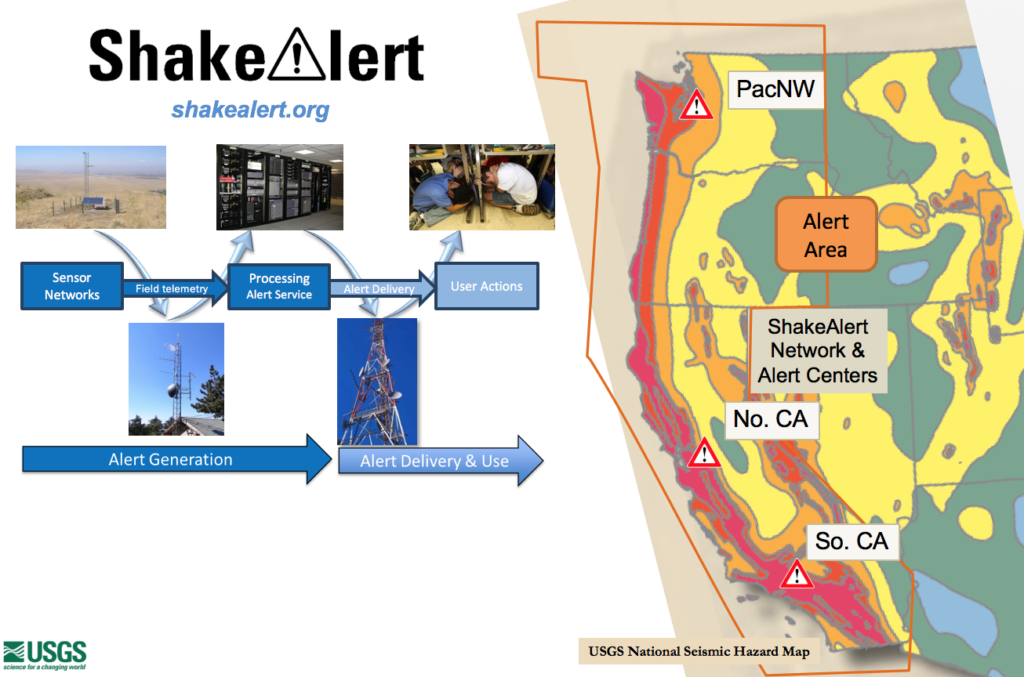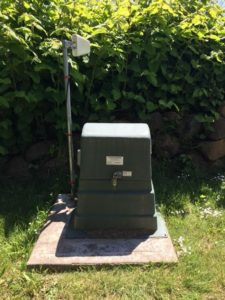
By DANA TIMS/YachatsNews.com
For the second legislative session in a row, a bill with money to complete an early warning earthquake-alert system along the Oregon coast has failed.
The failure was especially bitter for coastal lawmakers and others, since it was one of Gov. Kate Brown’s legislative priorities for the recently completed 35-day “short session,” and because it had drawn no significant opposition.
“I’m very disappointed,” said Rep. David Gomberg, D-Lincoln City. Referring to Senate Bill 1537, which included the earthquake warning system and other emergency preparedness measures, he said, “It may still come back in a special session.”
Brown has not indicated whether she may call a special session to deal with unresolved legislative matters, or whether she will wait for next year’s long session, instead.

The overwhelming bulk of bills that had been introduced for consideration during the short session failed after a Republican walkout guaranteed that time limits would starve pending legislation of enough time for consideration.
Republicans focused their protest on a carbon cap-and-trade bill favored by Brown and most Democrats. However, their two-week absence during the five-week session meant virtually all other proposed legislation would also die.
Any last chance that the so-called ShakeAlert system could still receive post-session funding vanished Monday, when the 20-member legislative Emergency Board failed to include funding for it.
ShakeAlert envisions a network of 1,675 seismic stations placed at strategic points along both the West Coast and at various areas farther inland. Once activated, the system is intended to provide up to a two-minute warning before an earthquake strikes.
“That gives you two minutes to find your kids, to turn off the gas, to collect your thoughts so you aren’t reacting immediately with no warning at all,” Gomberg said. “That’s all the difference in the world.”
Parts of the system, about 60 percent of the total, is already in place, said Leland O’Driscoll, program manager at the Oregon Hazards Lab at the University of Oregon, which is helping guide oversight of Oregon’s piece of the operation. Oregon ShakeAlert needs 75 percent of its stations up and operating before it can be activated, he said.
The bill’s defeat this time around was all the more devastating to backers because it had already been assigned a bill number, had public hearings and was waiting before the influential legislative Ways and Means Committee for funding. Its defeat now means all of that process will have to be started from scratch for any future consideration.
“I remain confident that Oregonians know how important this system is and that it still needs funding, and sooner than later,” Gomberg said. “We have no option but to keep on trying.”



Very informative story. Not sure of our set up here in the city? We sure as heck could use such a system!